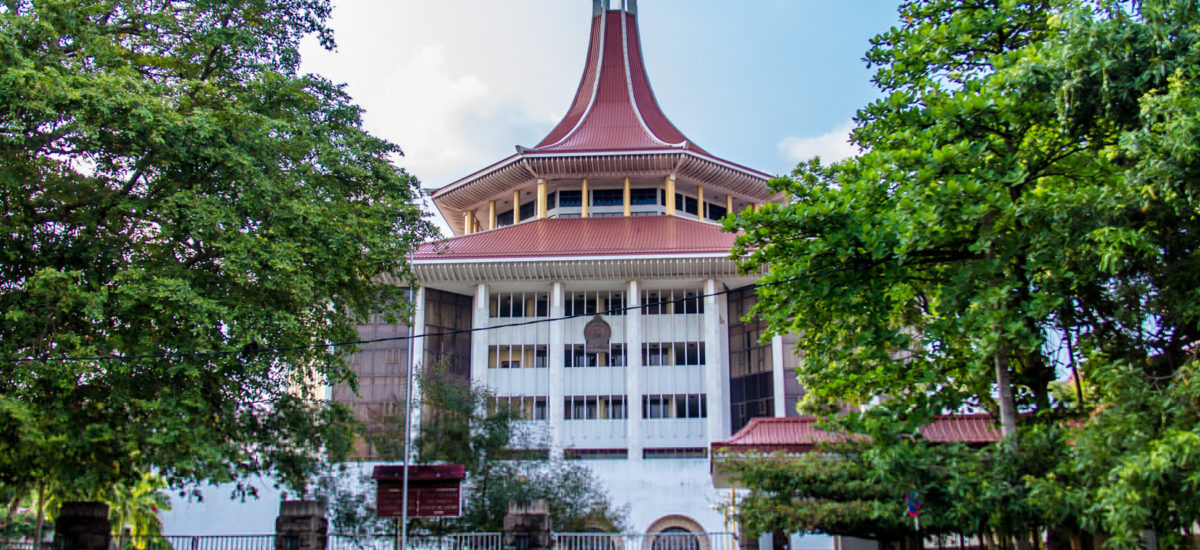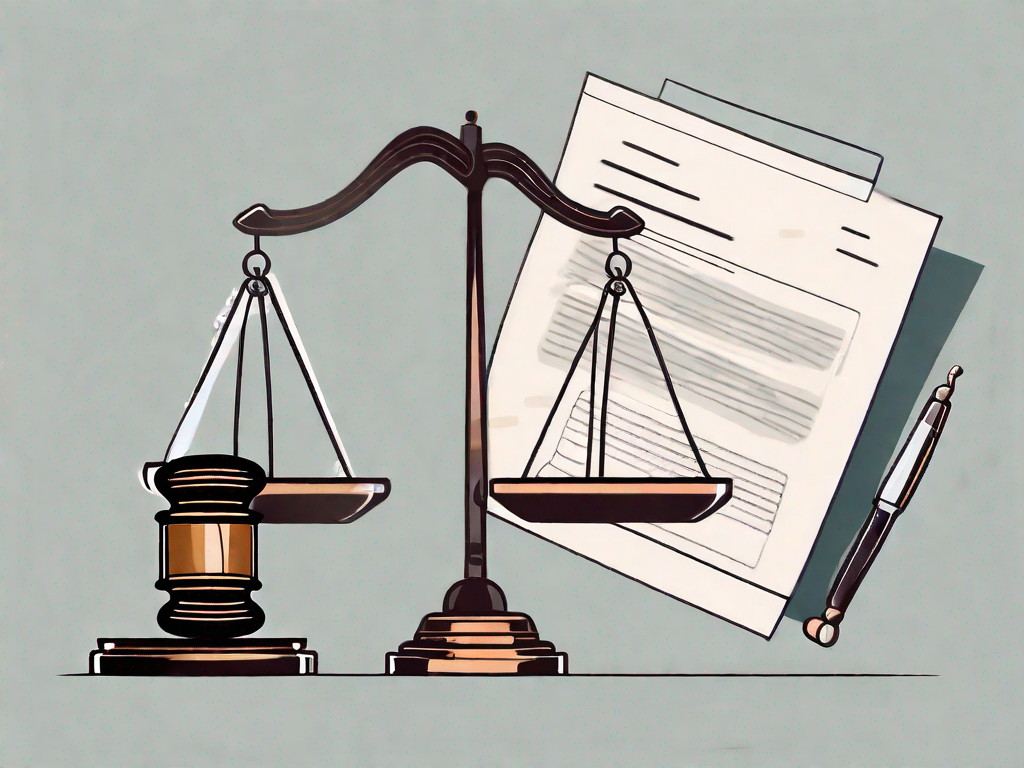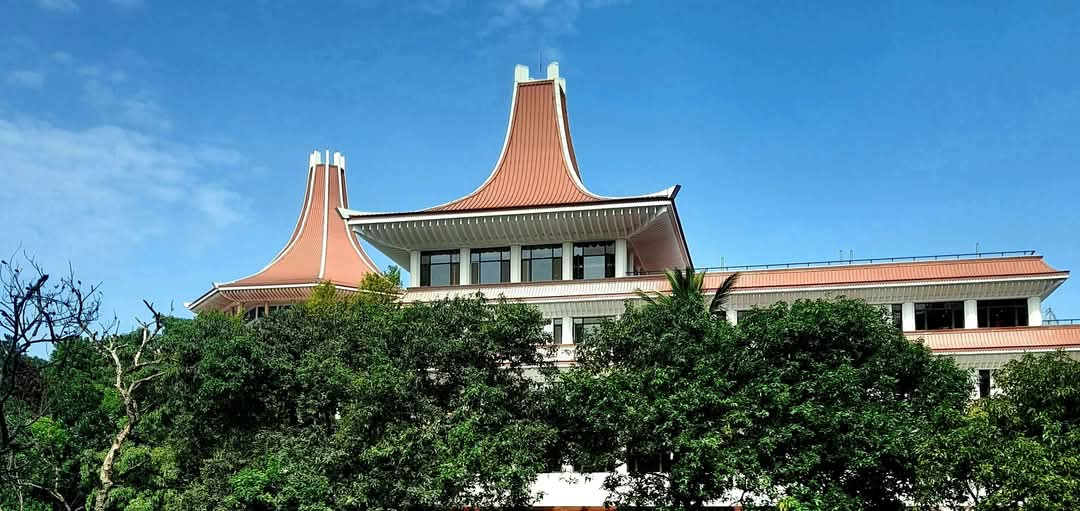Justice Mahinda Samayawardhena
SC Decides Against Filing Fresh Pleadings by Substituted Party in A Partition Action

The Supreme Court has ruled negatively on whether a substituted party in a partition action can file fresh pleadings nearly 24 years after the action was instituted especially when the original defendant now deceased had failed to file a statement of claim or proxy despite being served notice, and at a time when the case has already progressed to the stage outlined in Section 184 of the Civil Procedure Code.
A partition action was initiated by the plaintiff in the District Court of Horana on September 4, 1997. After a trial, the District Court delivered its judgment on March 7, 2007. Four parties appealed to the High Court of Civil Appeal, Kalutara, which delivered four judgments on November 17, 2011.
On appeal, the Supreme Court set aside the High Court’s judgments on September 11, 2015, citing the failure to substitute the deceased 9th defendant and directed the High Court to hear the appeals afresh. A new Bench of the High Court, on April 2, 2018, set aside the District Court judgment and directed it to rewrite the judgment on the same pedigree while allowing parties to adduce additional evidence if necessary.
The substituted 9(a) defendant attempted to file a statement of claim, which was rejected by the District Court on February 7, 2020. On February 10, 2021, the High Court reversed this order and permitted the 9(a) defendant to file a statement of claim, prompting appeals to the Supreme Court by the plaintiff and the 5th–7th defendants.
Ultimately, the Supreme allowed the appeals, set aside the High Court order of February 10, 2021, and affirmed the District Court’s order rejecting the filing of new pleadings.
“…The 9(a) defendant who was substituted in place of the deceased 9th defendant, cannot claim rights superior to those the 9th defendant would have had if she were alive. A substituted party cannot take up a new position contrary to or inconsistent with that of the original party, as he merely steps into the shoes of the original party. If the 9th defendant did not file a statement of claim or participate in the trial, the legal consequences that would follow cannot be cured by the substituted 9(a) defendant presenting himself as a new party, unless the Court decides otherwise in terms of the law…”- Justice Mahinda Samayawardhena
“…a party to a partition action (not a new party) can file a statement of objection to the proposed scheme of partition before the scheme inquiry (sections 35 and 36 of the Partition Law). The Court cannot deny filing objections on the basis that he has defaulted in filing a statement of claim and participating in the trial…” “…However, in the guise of filing objections to the proposed scheme of partition, such a party cannot convert the scheme inquiry into another trial to decide issues on the pedigree…”
“…Judicial decisions must be clear and specific, without leaving room for varying interpretations. Clarity and specificity in judicial decisions are essential to maintain the integrity of the law, foster public confidence in the judiciary, promote legal certainty, and uphold the rule of law…”
“…, procedure for conducting trials in partition cases are set out in the Partition Law No. 21 of 1977, not in the Civil Procedure Code. In terms of section 79 of the Partition Law, the Civil Procedure Code is applicable only where there is casus omissus…”
30-Day Period in Section 35 of Partition Law Starts from Surveyor’s Return in Open Court
The Supreme Court also in this case clarified that the 30-day period under Section 35 of the Partition Law begins when the surveyor’s return is received in open court on the returnable date fixed by the court, not when it is received by the Registry. The court further outlined that after this period, under Section 36(1)(a), it may confirm or modify the proposed partition scheme and issue a final decree following a summary inquiry.
“…Section 35 of the Partition Law states: “After the surveyor makes a return to the commission, the court shall call the case in open court and shall fix a date for the consideration of the scheme of partition proposed by the surveyor. The date so fixed shall be a date not earlier than thirty days after the receipt of such return by the court.” The thirty-day period shall be counted not from the date on which the return is received by the Registry but from the date on which it is received in open Court on the returnable date fixed for that purpose by Court (Wickremaratne v. Samarawickrema [1995] 2 Sri LR 212). According to section 36(1)(a) “On the date fixed under section 35, or on any later date which the Court may fix for the purpose, the Court may, after summary inquiry confirm with or without modification the scheme of partition proposed by the surveyor and enter final decree of partition accordingly.” – – Justice Mahinda Samayawardhena
Case No: SC/APPEAL/71/2023, SC/APPEAL/72/2023 [Decided on 09.10.2024]
Before: Hon. Justice P. Padman Surasena Hon. Justice Kumudini Wickremasinghe Hon. Justice Mahinda Samayawardhena







